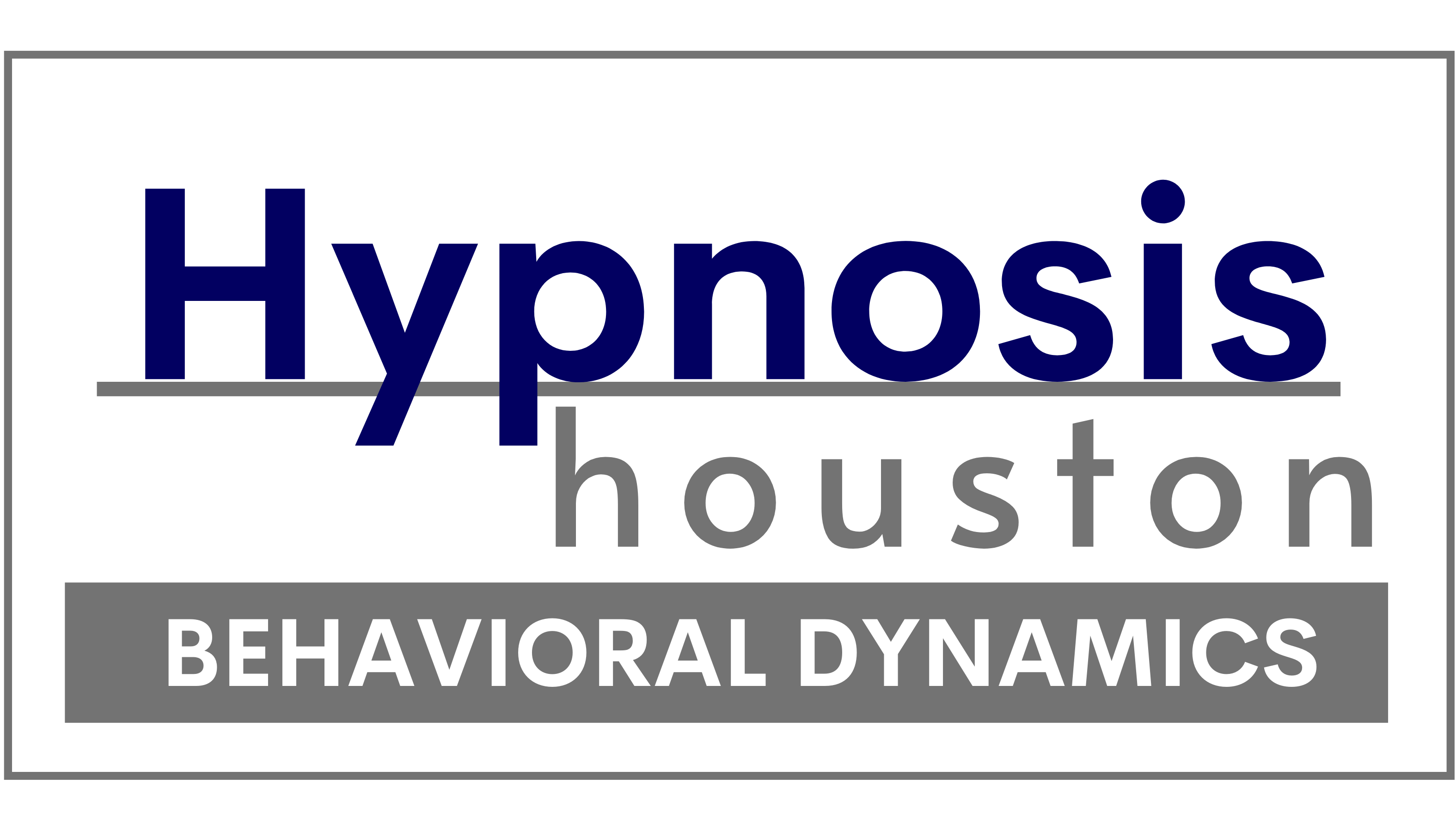What is the Most Effective Use of Hypnosis?
 Hypnosis, a state of focused attention and heightened suggestibility, has long fascinated the scientific community and the general public. While often associated with stage performances and entertainment, hypnosis has found its way into various healthcare and personal development fields. This article explores the most effective uses of hypnosis, examining its applications in medicine, psychology, and self-improvement.
Hypnosis, a state of focused attention and heightened suggestibility, has long fascinated the scientific community and the general public. While often associated with stage performances and entertainment, hypnosis has found its way into various healthcare and personal development fields. This article explores the most effective uses of hypnosis, examining its applications in medicine, psychology, and self-improvement.
Understanding Hypnosis
Before delving into its most practical uses, it’s crucial to understand what hypnosis is and how it works. Hypnosis is a trance-like state characterized by intense concentration, increased relaxation, and heightened suggestibility. During this state, individuals are more open to suggestions and can access more profound levels of consciousness.
Contrary to popular belief, hypnosis is not a form of sleep or unconsciousness. Instead, it’s a hyper-aware state in which the conscious mind is relaxed, allowing more access to the subconscious. This unique state of mind can be leveraged for therapeutic and personal development.
Hypnosis in Medicine: Pain Management and Symptom Control
One of the most well-documented and practical uses of hypnosis is in medicine, particularly for pain management and symptom control. Numerous studies have shown that hypnosis can significantly reduce pain perception and help patients manage chronic pain conditions.
Chronic Pain Management
Chronic pain, defined as pain lasting more than 12 weeks, affects millions of people worldwide. Traditional pain management often relies heavily on medication, which can lead to side effects and dependency. Hypnosis offers an alternative or complementary approach to pain management.
Research has shown that hypnosis can be particularly effective for conditions such as:
1. Fibromyalgia
2. Lower back pain
3. Arthritis
4. Neuropathic pain
A meta-analysis published in the International Journal of Clinical and Experimental Hypnosis found that hypnosis interventions consistently produced significant decreases in pain associated with a variety of chronic pain problems.
Acute Pain Management
Hypnosis has also proven effective in managing acute pain, such as that experienced during medical procedures or childbirth. Studies have shown that patients undergoing hypnosis during procedures require less pain medication and report lower levels of discomfort.
For example, a study published in The Lancet found that patients who received hypnosis before and during surgery had less postoperative pain and nausea and required less analgesic medication than those who did not receive hypnosis.
Symptom Control in Cancer Patients
Cancer patients often experience a range of distressing symptoms, both from the disease itself and as side effects of treatment. Hypnosis is effective in managing many of these symptoms, including:
1. Nausea and vomiting associated with chemotherapy
2. Anxiety and depression
3. Fatigue
4. Hot flashes in breast cancer survivors
A comprehensive review published in The Oncologist concluded that hypnosis should be considered a valuable and effective intervention for managing symptoms in cancer patients.
Hypnosis in Psychology: Treating Mental Health Disorders
Another highly effective use of hypnosis is in the field of psychology, where it’s used to treat a variety of mental health disorders and psychological issues.
Anxiety Disorders
Hypnosis has shown remarkable efficacy in treating various anxiety disorders, including:
1. Generalized Anxiety Disorder (GAD)
2. Social Anxiety Disorder
3. Specific Phobias
4. Panic Disorder
Hypnotherapy can help individuals with anxiety disorders by promoting relaxation, addressing underlying causes, and providing tools to manage anxiety symptoms. A meta-analysis published in the Journal of Clinical Psychology found that hypnosis was more effective than traditional relaxation training in reducing anxiety.
Depression
While not a standalone treatment for depression, hypnosis can be an effective complementary therapy when used alongside traditional treatments like psychotherapy and medication. Hypnosis can help individuals with depression by:
1. Improving mood and self-esteem
2. Addressing negative thought patterns
3. Enhancing motivation and energy levels
4. Improving sleep quality
A study published in the American Journal of Clinical Hypnosis found that cognitive hypnotherapy was as effective as cognitive-behavioral therapy (CBT) in treating depression, with the added benefit of faster improvement in some symptoms.
Post-Traumatic Stress Disorder (PTSD)
Hypnosis has shown promise in treating PTSD, particularly when combined with other therapeutic approaches. It can help individuals process traumatic memories, reduce anxiety and hyperarousal, and develop coping strategies.
A review published in the International Journal of Clinical and Experimental Hypnosis concluded that hypnosis could be a valuable tool in treating PTSD, especially when integrated with evidence-based therapies like cognitive-behavioral therapy.
Hypnosis for Personal Development and Performance Enhancement
Beyond its medical and psychological applications, hypnosis has proven effective in various personal development and performance enhancement areas.
Weight Management
Hypnosis can be an effective tool for weight management, addressing both the psychological and behavioral aspects of eating habits. It can help individuals:
1. Develop healthier eating habits
2. Increase motivation for physical activity
3. Address emotional eating
4. Improve body image and self-esteem
A meta-analysis published in the Journal of Consulting and Clinical Psychology found that adding hypnosis to weight loss programs doubled their effectiveness.
Smoking Cessation
Hypnosis has long been used as a method to help individuals quit smoking. It works by addressing the psychological aspects of smoking addiction, such as:
1. Changing beliefs about smoking
2. Reducing cravings
3. Enhancing motivation to quit
4. Developing coping strategies for stress
A study published in the International Journal of Clinical and Experimental Hypnosis found that hypnosis was more effective for smoking cessation than nicotine replacement therapy alone.
Sports Performance
Athletes and sports professionals have increasingly turned to hypnosis to enhance their performance. Hypnosis can help athletes:
1. Improve focus and concentration
2. Manage pre-performance anxiety
3. Enhance visualization techniques
4. Boost confidence and motivation
Research published in the Journal of Applied Sport Psychology demonstrated that hypnosis interventions significantly improved athletic performance across various sports.
Academic Performance
Students and professionals can benefit from hypnosis to enhance learning and academic performance. Hypnosis can help:
1. Improve memory and recall
2. Enhance concentration and focus
3. Reduce test anxiety
4. Boost motivation for studying
A study in the American Journal of Clinical Hypnosis found that students who received hypnotic suggestions for improved academic performance significantly improved their grades compared to a control group.
The Future of Hypnosis: Emerging Applications
As research into hypnosis continues, new and promising applications are emerging:
Virtual Reality-Enhanced Hypnosis
The combination of virtual reality (VR) technology and hypnosis has the potential to enhance the effectiveness of hypnotic interventions. VR can create immersive environments, facilitating deeper hypnosis and vivid guided imagery.
Neurofeedback and Hypnosis
Integrating neurofeedback techniques with hypnosis may allow for more precise targeting of brain states associated with hypnotic trance, potentially enhancing the effectiveness of hypnotic interventions.
Hypnosis in Palliative Care
As the population ages, there’s growing interest in using hypnosis in palliative care to manage symptoms, reduce anxiety, and improve the quality of life for patients with terminal illnesses.
Conclusion: The Versatility and Effectiveness of Hypnosis
In conclusion, while hypnosis has many practical applications, its most potent use lies in its versatility across various fields. From pain management in medicine to treating psychological disorders and from personal development to performance enhancement, hypnosis has demonstrated its effectiveness as a powerful tool for change.
The most effective use of hypnosis depends on the individual’s needs and the specific context in which it’s applied. However, its ability to access and influence the subconscious makes it a uniquely powerful intervention across various applications.
As research continues and new applications emerge, hypnosis’s potential to improve human health, well-being, and performance is likely to expand even further. While it should not be seen as a panacea or a replacement for traditional medical and psychological treatments, hypnosis has earned its place as a valuable complementary therapy and tool for personal growth.
Hypnosis offers a non-invasive, cost-effective, and often enjoyable way to effect positive change by understanding and harnessing the power of the mind-body connection. As we continue to unravel the mysteries of the human mind, the role of hypnosis in healthcare, psychology, and personal development is likely to grow, cementing its place as one of the most effective tools for harnessing the power of the human mind.
Hypnosis Houston
2909 Hillcroft Ave #515
Houston TX 77057
Phone: (713) 789-0713
https://www.hypnosishouston.com/
